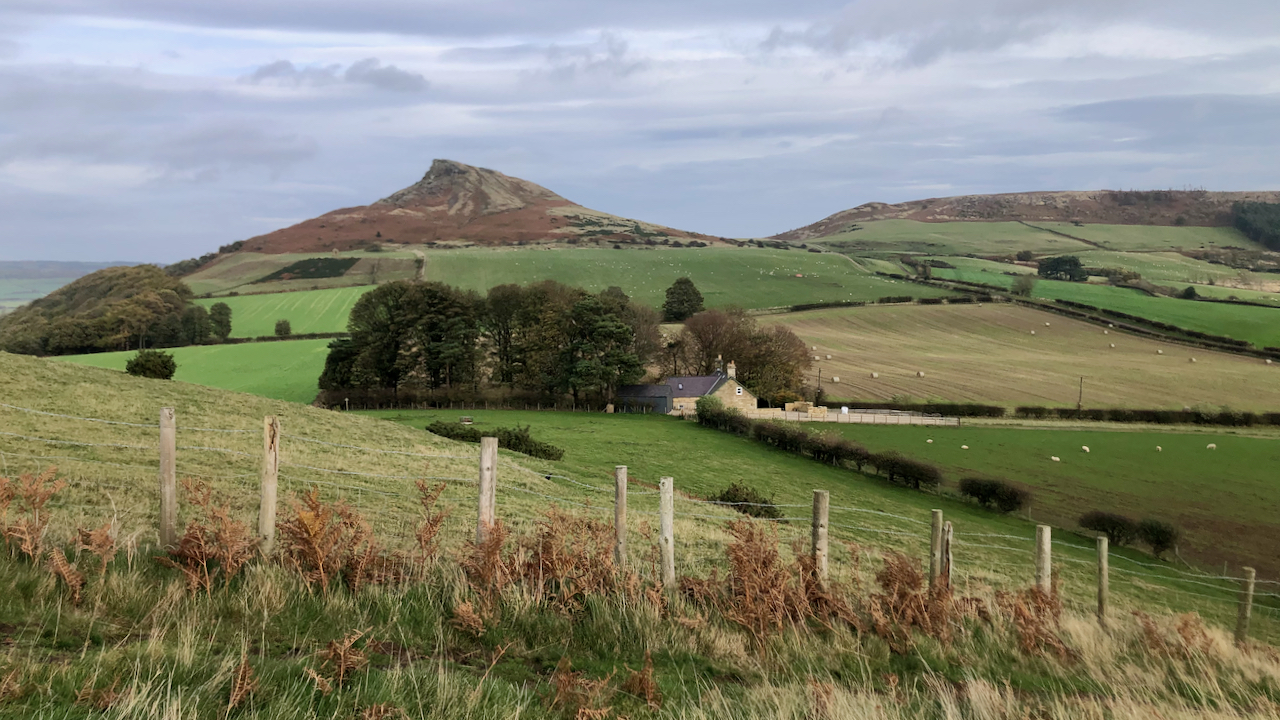In the Northern counties, the first Monday after Halloween is Tharcake Monday11898 English dialect dictionary Vol VI T to Z. Page 75..
Lancashire seems to have claimed the monopoly for this cake which originally made of unfermented dough — chiefly meals of rye, barley and pea, mixed with milk or water— rolled very thin, and baked hard in the oven21829 A Glossary of North Country Words in Use. Page 302/3..
But the tradition is also found as Tharf-bread and Tharf-cake, across the Pennines in Yorkshire and Northumberland. In Derbyshire, the term is Thor-cakes, while a Scotsman might recognise them as Bannocks31670 A Collection of English Proverbs.
It seems like a plain, unappertising biscuit:
“They never gat owse better than thaaf keahyk”.
More recently, the recipe has been adapted to the modern palete by the addition of butter, and treacle, and made more akin to ‘Parkin‘.
Once these Thar-cakes were made in large quantities, hung up with a pole run through the centre.
There is conjecture that the name derives from the Saxon thearfan, meaning necessity, when a batch of bread had to be made quickly when soldiers were suddenly quartered on private families during their marches41829 A Glossary of North Country Words in Use. Page 302/3..
Another source says it is a corruption of tharf, which simply means unleavened51852 A Dictionary of Archaic and Provincial Words- obsolete phrases, proverbs, and ancient customs, from the fourteenth century, by James Orchard Halliwell-Phillipps, Vol. 2. Page 861.
- 11898 English dialect dictionary Vol VI T to Z. Page 75.
- 21829 A Glossary of North Country Words in Use. Page 302/3.
- 31670 A Collection of English Proverbs
- 41829 A Glossary of North Country Words in Use. Page 302/3.
- 51852 A Dictionary of Archaic and Provincial Words- obsolete phrases, proverbs, and ancient customs, from the fourteenth century, by James Orchard Halliwell-Phillipps, Vol. 2. Page 861

Leave a Reply